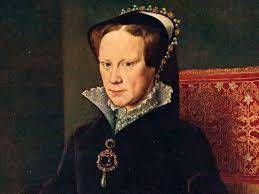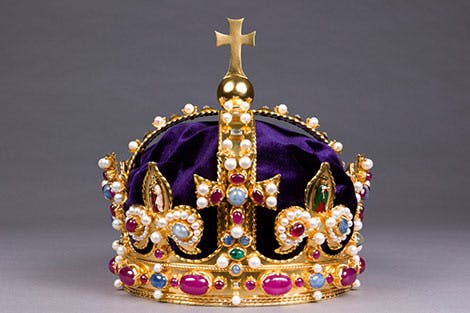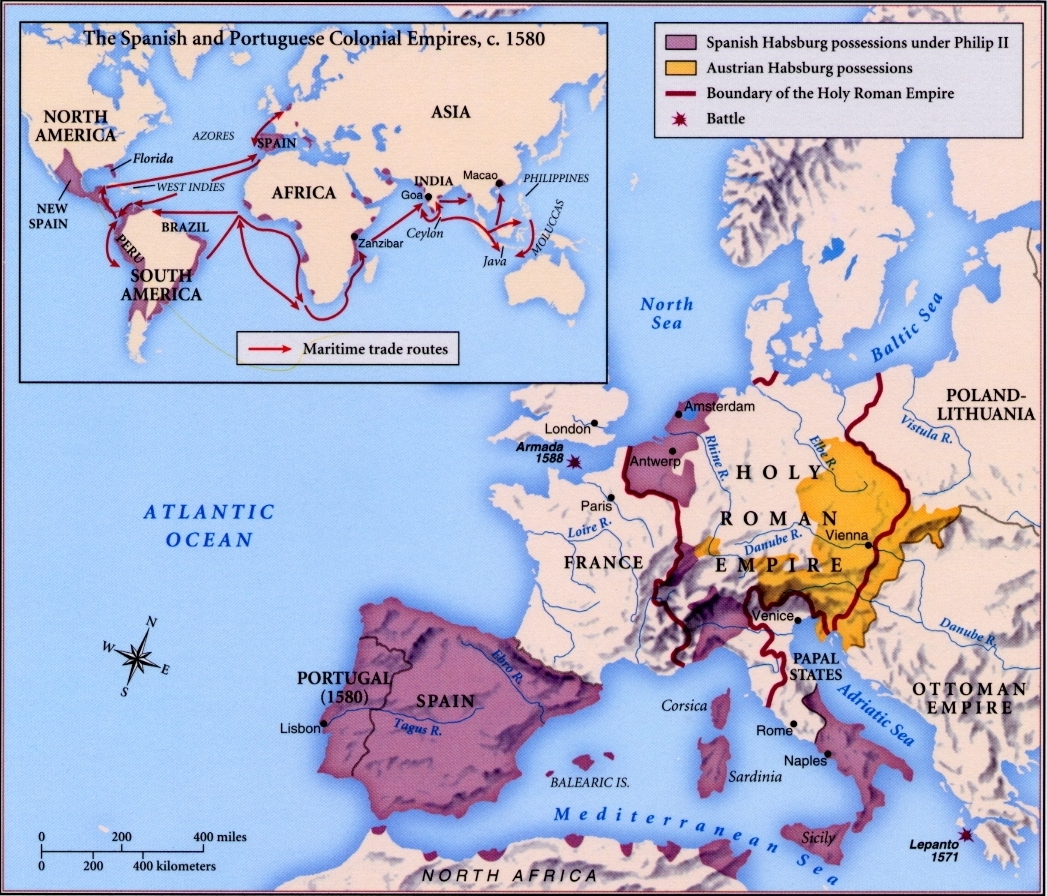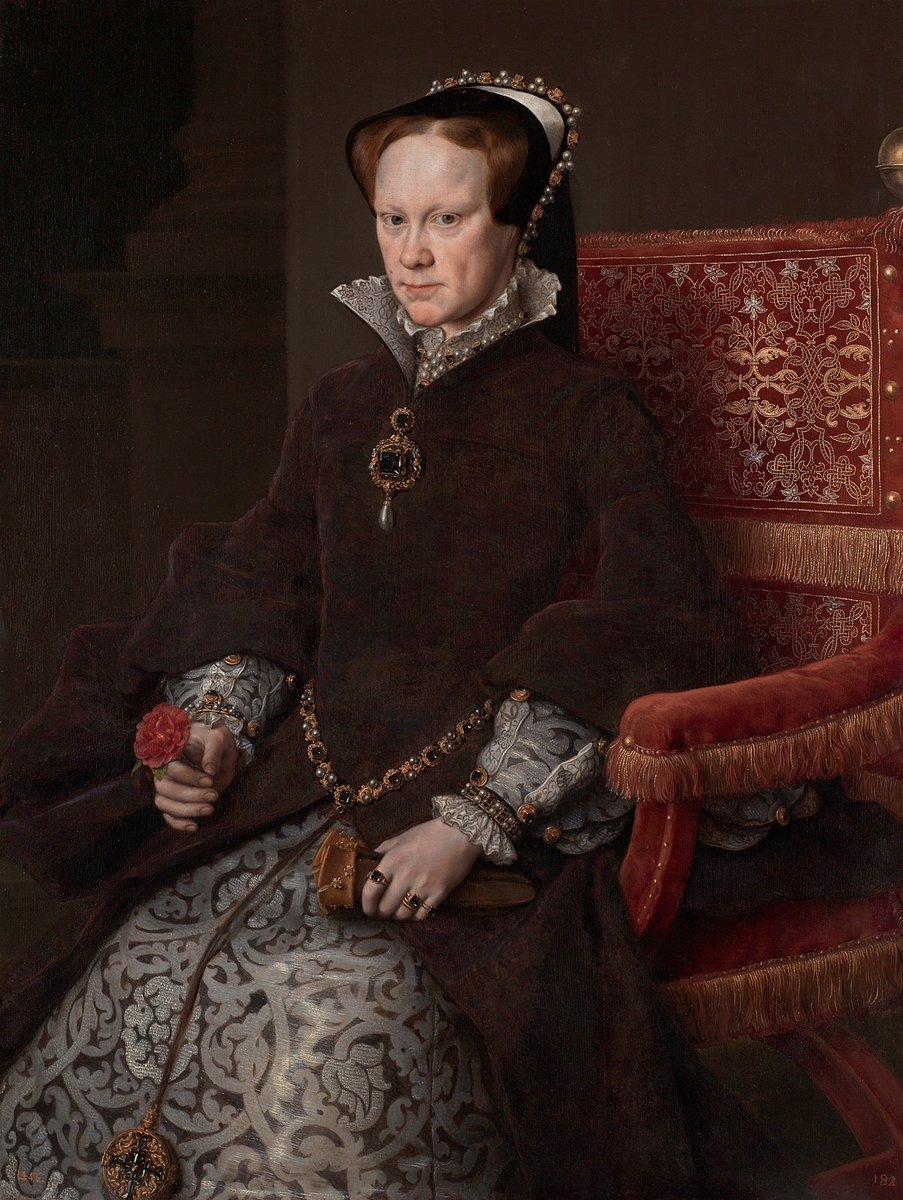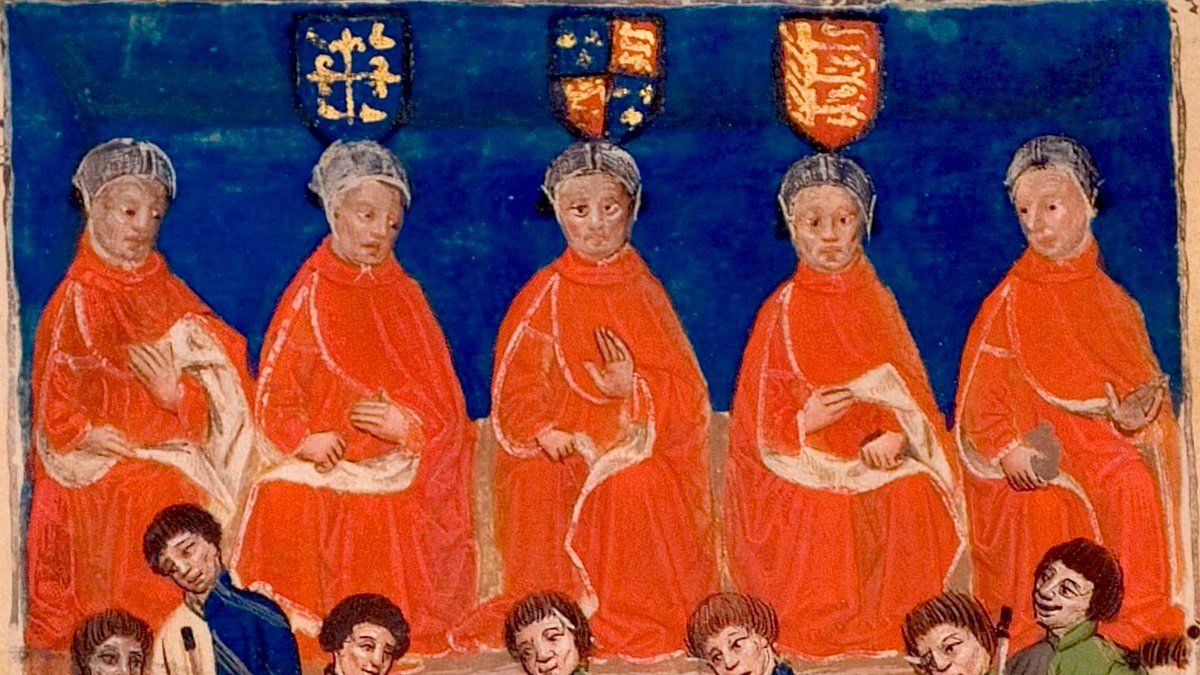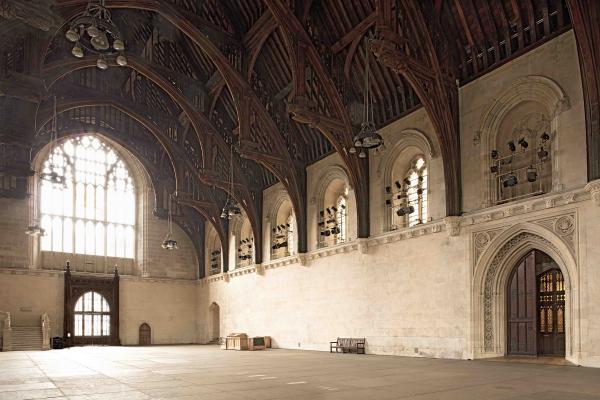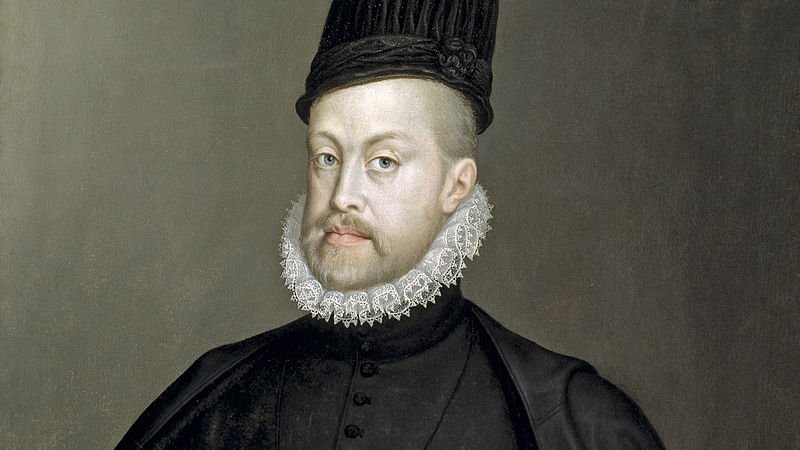(Thread) When Mary I ascended the throne in 1553 hopes were high and she was popular. However she was also catholic and England, legally, protestant. Returning England to & #39;Mother Church& #39; was an imprtant goal. The other was marriage but w/ out giving up her powers as queen regnant
(2) At the time, when a woman married a man, her legal personality merged into his. A man could even be arrested for debts accrued by his wife when she was single. This is known as coverture. Mary had no intention of being subject to coverture or giving up her power to a man.
(3) When she did marry, she opted one of the most controversial choices possible; Prince Philip of Spain (later Philip II of Spanish Armada fame... in one of the later seasons). Philip was staunchly catholic and engaged in the counter-reformation against protestantism. There were
(4) fears that "our English queen" would be usurped in her rights and property by her husband, as would typically happen in marriage, and even that Englishmen would be forced to speak Spanish. As a result, Mary called a parliament. Mary was the first undisputed Queen regnant of
(5) England and it was important to establish this in statute law. While the parliament dealt with such vital issues as, "An Acte for the Sale of Hattes and Cappes made beyonde the Seas", it also dealt with, (1) the Queen& #39;s powers, as queen, and (2) the Queen& #39;s marriage to Philip
(6) The first act made clear that Mary was queen with full powers of the "imperial crown" just as if she were a man-king; "An Acte declaring that the Regall Power of this realme is in the Queen& #39;s Majesty as fully and absolutely as ever it was in any of her most noble progenitours
(7) kings of this realme". The next act passed was basically a marriage contract. Religion aside, it was a good match. Philip& #39;s father, Emperor Charles, was the king of Spain, Holy Roman Emperor, Archduke of Austria, Duke of Burgundy and the Low Countries. Philip stood to inherit
(8) massive territories and realmes. But the parochial, insular English did not want a foreign king coming in to rule them and make them speak Spanish, so parliament (with, in fact, Mary& #39;s councillors carefully managing the passage and contents of the bill) determined that, "the
(9) noble Prynce Phillyppe shall during the sayd marriage have and enjoye joyntlye with the most noble Quene his wyef, the stile Honoure and kynglye name of the realmes and dominions unto the said most noble Quene apperteyning, and shall *ayde* her highnes being his wyef in the
(10) happye administracion of her graces realmes and dominions; the Rightes Lawes Privileges and Customes of the same realmes being nevertheless preserved and maintayned". In other words, he had the style and honour of a King of England, but no real power. He was permitted to
(11) "aid" his wife in governance, but only as far as she would allow. The act then went onto say that Mary shall have the "whole disposicion" all the property, castles, manors, lands, rents, tenements, advowsons, jewels etc of the crown. It then said, "All matters of the said
(12) realm ... shall be treated and mayntayned in the same tongues wherein of olde they have wont to be treated", i.e. no Spanish! It further stipulated that Philip was to pay a huge dowry to the Queen, with £40,000 charged on the revenues of Spain, £20,000 on the low countries.
(13) It made clear that only children of Philip and Mary could inherit England, that Philip had no claim upon the crown on Mary& #39;s death, that "aliens" shall hold no office in England, that "no innovations" of law (i.e. Spanish law) shall be permitted, that the king shall have no
(14) power to compel the Queen to leave England, nor may he alienate any of her jewels, ships or other chattels, nor shall England be required to get involved in any of Spain& #39;s wars. For the avoidance of doubt, the act goes on to say that her "majestie as our onely Quene shall
(15) and maye solye and as a sole Queen, use have and enjoye the Crowne and soverayntie over your said realmes ... with all the preheminances, prerogatyves, dignities, aucthotiries, Jurisdiccions, Honours, Castelles, Manoures, Landes, Tenementes and Hereditaments" as if
(16) she did before marriage. It then says that while grants, commissions, writs, etc shall go out in the joint name of Philip and Mary, they shall only be issued upon the warrant of the Queen. Can imagine Mary telling Philip it& #39;s just domestic politics, gotta keep those gammons
(17) happy. But in reality, I suspect the treaty is precisely as Mary would have it. She would be married, and she would be Philip& #39;s wife, but when it came to matters of state, except in name, she was unmarried. I say, good for her. If we ignore the later history, she got the
(18) benefits of alliance, and marriage with a lusty handsome young prince 11 years her junior, without having to give up a sliver of legal power. Of course the marriage turned out to be an unhappy one, the "noble Prince Philip" ascended to King of Spain two years after marriage,
(19) but if we freeze the moment in 1554, Queen Mary was the one holding the cards. And despite her desperation to improve her marriage, she never gave up her power as a "sole Quene" of England.
(20) If you& #39;ve enjoyed this thread, and would like to read more, particularly about women and the law in the preceding century, I recommend my blog, starting with; https://orderofthecoif.wordpress.com/2017/01/29/babington-v-venour-1465-bankruptcy-ravishment-and-the-fleet-prison/">https://orderofthecoif.wordpress.com/2017/01/2...

 Read on Twitter
Read on Twitter